My studies covered literary theories like Marxism, New Criticism, and Formalism way back in LIT-200, and LIT-300 is merely more of the same. Like I said about LIT-200, it's a lot. Take heart, though, because any student who did well in that course should have no trouble here.
About LIT-300
Where LIT-200 covered seventeen(!) methods by which readers might examine literature and other media, LIT-300 narrows that list down to just nine. And here's the other major difference between the two courses: I described the earlier class as one which gave me “more valuable information” than I'd gotten from any other course to that point. I went on to say that the best classes don't tell students what to think, but instead, show them how to think. That holds true with LIT-300, but because the literary theories covered here overlap the theories already studied, the course falls somewhat flat.
My instructor was Professor Mark Regalbuto, and I regret to say that I don't remember Mr. Regalbuto much at all. I took no notes during this period (as you may recall from my last recap, this was my languishing period), and I have little memory of my interactions with him. He was a good instructor, though! I have yet to find fault with any of my instructors at SNHU. Maybe I've been lucky, but every one of them has been knowledgeable and supportive.
Literary Theories
Though the list includes nine theories, week five crams three in together and they suffer for it. Weeks seven and eight are not given to theories but are solely devoted to the second final project and a reflection discussion respectively.
- New Criticism and Russian Formalism (week one)
- Structuralism (week two)
- Poststructuralism (week three)
- Cultural Studies (week four)
- Psychoanalysis / Feminism / Gender Studies (week five)
- Postcolonial Theory (week six)
Course Materials
At least we didn't have to deal with shmoop at this level. I'm still bitter about that.
Literary Theory: The Basics by Hans Bertens, Third Edition, 2014 was the textbook, and I found it useful and supportive of the course's goals.
Are you really into literary analysis and study? Buy the book. Otherwise, rent and save yourself the cash. The text is quite good, but its usefulness to fiction writers like me is pretty limited.
The Final Project
Honestly, the final project for this course is one of the most straightforward assignments I've had at SNHU. “The final project for this course […] the creation of a multimedia presentation and a paper that examines a short literary work (a novella or short story) through two theoretical lenses of your choice.”
Doesn't get much more direct than that. I chose to analyze Nathanial Hawthorne's “Young Goodman Brown” through the lenses of New Criticism and Cultural Studies. This isn't the first time I've used that short story for a class (I used it in HUM-200), so it was a real time-saver! But… I think it's time to remind my intrepid readers about self-plagiarism.
Every word you write for a class must be original, and that includes things you previously published outside of the current course. Some students misunderstand milestone assignments. It's not self-plagiarism to use milestone material in another milestone or in a final project—it's literally the point of milestones to be used in such a way. What's a problem is re-using what you turned in for a previous class. When I used “Young Goodman Brown” for LIT-300, I was careful to reuse only a few ideas from the HUM-200 assignments—those ideas that made sense for LIT-300.
I'm a fan of revisiting a story for a new analysis. Sure, it's great to read widely and to take advantage of the opportunity to analyze something new. But, going back to “Young Goodman Brown,” which is a favorite of mine since reading it for HUM-200, was wonderful. I bought it as part of a Hawthorne collection on Amazon for four measly dollars. Try it out. I do not think you'll be disappointed. Reading my previous analysis lead me to ask questions that applied directly to what we were talking about in LIT-300. It gave me an opportunity to go not wider, but deeper.
I'm happy with the way the final project turned out, but it was recently brought to my attention that Turnitin doesn't handle PowerPoint files, so I won't provide my final project here the way I've done before.
Advice for Students Registering for LIT-300 at SNHU
Nothing too unexpected or revolutionary here, I'm afraid. Time management is your friend. There's a lot of reading and writing for this course, so plan your weeks accordingly. As I'm fond of saying, 80% of your success in school, as in life, comes down to time management.
In the End
It was fine. Students who are planning on going into a Master of Arts (MA) program will certainly benefit from this course, since that program is geared more toward study and examination of others' writing. Those eyeing a Master of Fine Arts (MFA) degree—which is almost all about one's own creative writing—may find this class a bit of a slog.
Final Grade: A (98.7%)
LIT-300 was my tenth course at SNHU, and that means there's only four recaps to go!

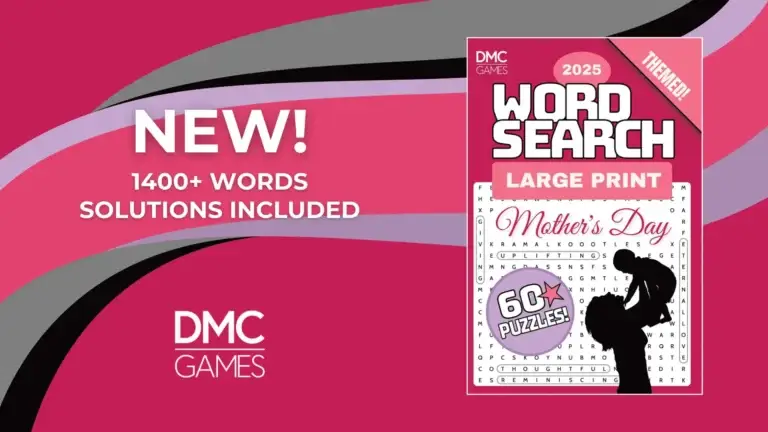
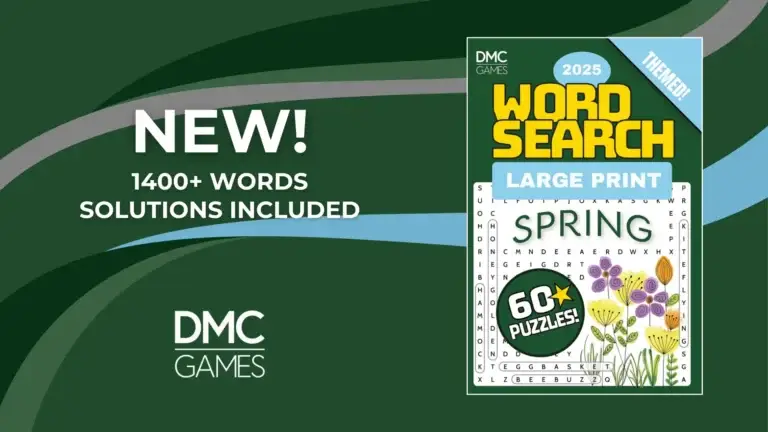
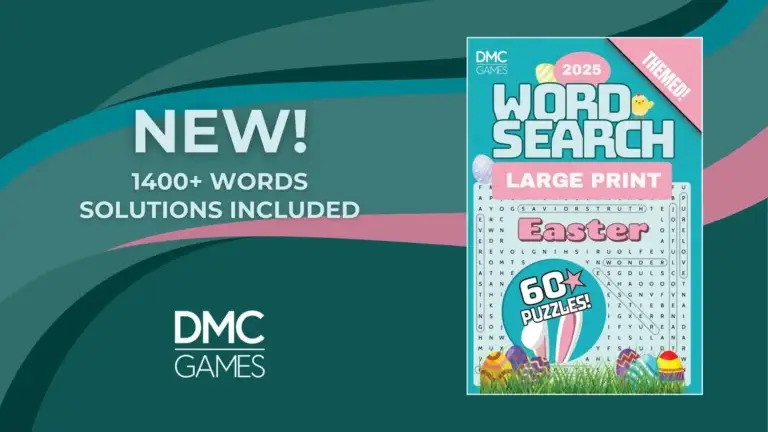


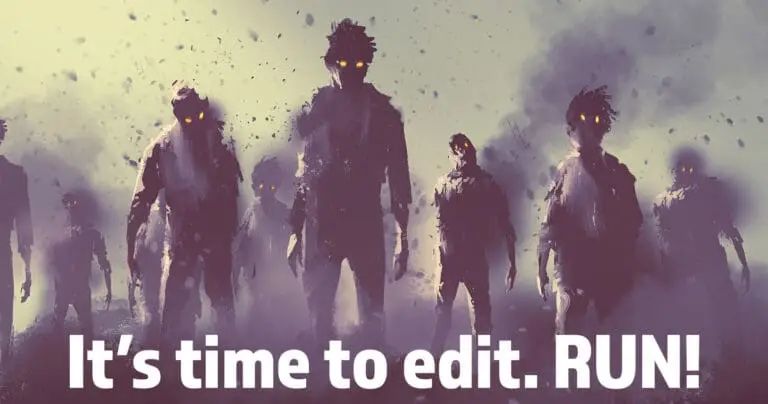



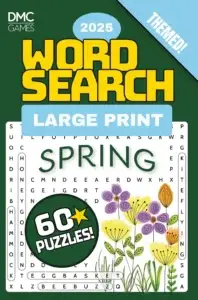
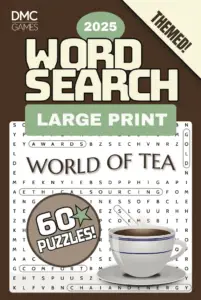
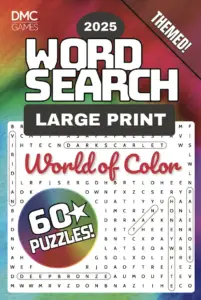

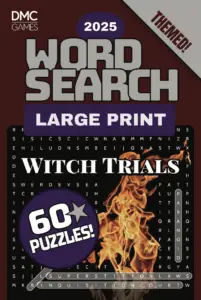


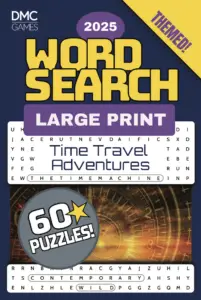
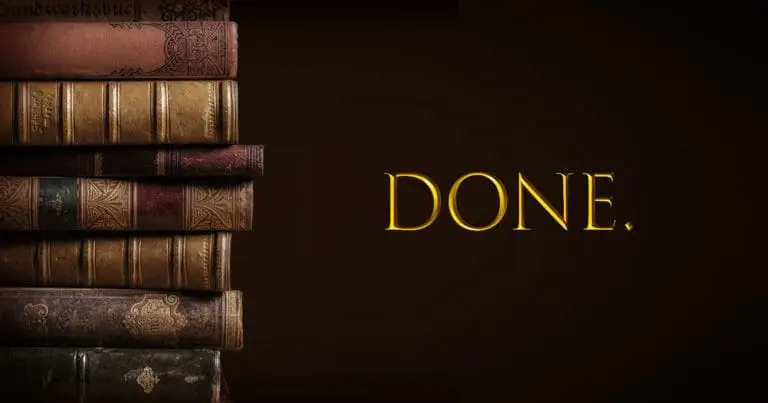



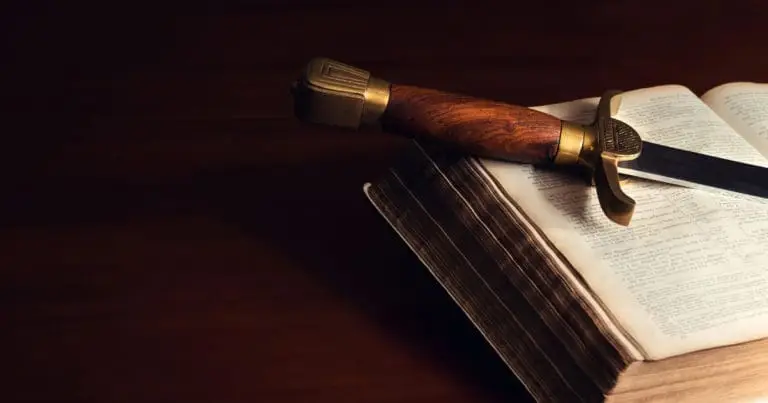

3 Responses
Hello! I find your site to be very helpful! I’m an English major at SNHU (creative writing and poetry) and have to take many of the same classes. I’m currently in this one. I had to do a PowerPoint for humanities but I don’t know if that will prepare me for one for literary theories.
Do you recall what some of the other reading choices were for the final project?
Hi, Kathy! We’re almost four years on from that course for me, so this list may be outdated now. I looked up the guidelines & rubric from LIT-300, and this is what we had:
Joseph Conrad, Heart of Darkness
Nathaniel Hawthorne, “Young Goodman Brown”
Zora Neal Hurston, “The Gilded Six Bits”
Zora Neal Hurston, “Monkey Junk”
Henry James, The Turn of the Screw
James Joyce, “Araby”
Jamaica Kincaid, “Girl”
Guy de Maupassant, “The Necklace”
Vladimir Nabokov, “Symbols and Signs”
Flannery O’Connor, “A Good Man is Hard to Find”
Annie Proulx, “What Kind of Furniture Would Jesus Pick?”
Alice Walker, “Everyday Use”
Eudora Welty, “A Worn Path”
Edith Wharton, “Xingu”
William Carlos Williams, “The Use of Force”
There are some wonderful stories on the list (everyone should read Flannery O’Connor), but like I said, it’s been a while and it’s possible the options have changed.